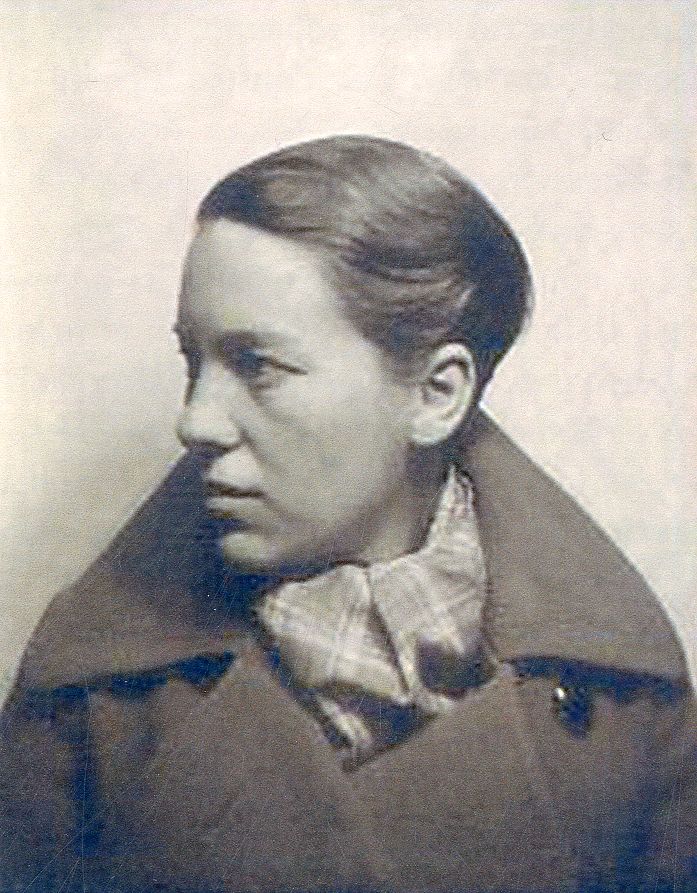 Persona - Andrés Zamora, Teresa (1907-1946)
Persona - Andrés Zamora, Teresa (1907-1946)
Identificación
Tipo:
Persona
Forma autorizada:
Andrés Zamora, Teresa (1907-1946)Otras formas
Fechas de existencia:
Villalba de los Alcores (Valladolid, España) 1907 - París (Francia) 1946-07-05
Historia:
Bibliotecaria española.
Hija del médico Diógenes Andrés Rueda y de la maestra María del Pilar Zamora García. Teresa nació en 1907 en Villalba de los Alcores, pueblo dónde estaban destinados sus padres, antes de que la familia se afincara en Cervico de la Torre (Palencia). Fue la mayor de los hermanos.
Estudió Magisterio en la Escuela Normal de Maestras de Palencia. Doctora en Filosofía y Letras, Sección Historia, por la Universidad Central de Madrid. En sus primeros años de estudiante en Madrid, a finales de los años veinte, estuvo viviendo en la Residencia de Señoritas, que por entonces dirigía María de Maeztu.
Obtuvo el número uno en las oposiciones al Cuerpo Facultativo de Archiveros, Bibliotecarios y Arqueólogos convocadas en 1930 y fue destinada al Museo Arqueológico de León en 1931; pero, a fines de septiembre de ese mismo año, fue comisionada para organizar los fondos del Archivo del Palacio Real, entonces llamado Palacio Nacional.
Entre 1932 y 1933 amplió estudios en Alemania gracia a una beca de la JAE y a su vuelta, se reincorporó a su puesto en el Palacio Nacional, cómo se le denomina durante la II República. A lo largo de estos años realizó su tesis doctoral sobre rejería española, bajo la dirección de Manuel Gómez Moreno. El inicio de la guerra civil sorprende a Teresa Andrés y a su hermano Troadio en Madrid. Su familia sufrió represión durante el golpe militar de 1936, muriendo su padre y su hermano Dionisio, mientras que su hermano Troadio luchó en la guerra siendo Teniente del Ejército Popular de la República. Militante comunista desde 1933, Teresa se casó con Emilio Gómez Nadal, uno de los fundadores del PCE. Tuvieron dos hijos, uno murió de pequeño y Antonio, nacido en 1941, que fue traído a España en 1942 y criado por la abuela materna.
Durante la Guerra Civil destacó la labor de Teresa al frente de las Bibliotecas de Cultura Popular, que organizó junto a Juan Vicéns de la Llave, así como su labor como Delegada del Ministerio de Instrucción Pública en Valencia. También fue Vocal de la Comisión Gestora del Cuerpo Facultativo de Archiveros y Bibliotecarios, creada en agosto de 1936.
En 1939 fue separada del servicio activo, en virtud de expediente de depuración, por aplicación de la Ley de Responsabilidades Políticas: Por Orden del Ministerio de Educación Nacional de 13 de junio de 1939 (BOE nº 174) se dispuso su baja definitiva en el escalafón del Cuerpo Facultativo de Archiveros y Bibliotecarios.
Finalizada la contienda ella y su marido se exiliaron a Francia, donde acabarían uniéndose a la Resistencia Francesa. En París Marcel Bataillon consiguió que la contrataran para hacer un catálogo colectivo de libros españoles existentes en bibliotecas parisinas.
Murió un año después de la liberación de París, a causa de la leucemia, a los treinta y nueve años de edad.
Fecha del evento: 1939 - 1945
Fecha del evento: 1936 - 1939
Contexto:
El Centro Documental de la Memoria Histórica y el Archivo General de la Administración conservan documentación relativa a Teresa Andrés Zamora.
Ocupaciones
Lugares
Lugar de Residencia:
Lugar de Residencia:
Lugar de Residencia:
Lugar de Nacimiento:
Lugar de Defunción:
Fuentes
AGA: Expediente personal de la bibliotecaria Teresa Andrés Zamora. Signatura: AGA, Caja 31/07017 - Exp. 2. IDD (05)001.005.
Relaciones
Relaciones familiares :
Relaciones asociativas :
Enlaces Externos
Catálogo de Autoridades:
Fichero de Autoridades:
Documentos
Productor de:
- No hay Unidades de Descripción asociadas.






